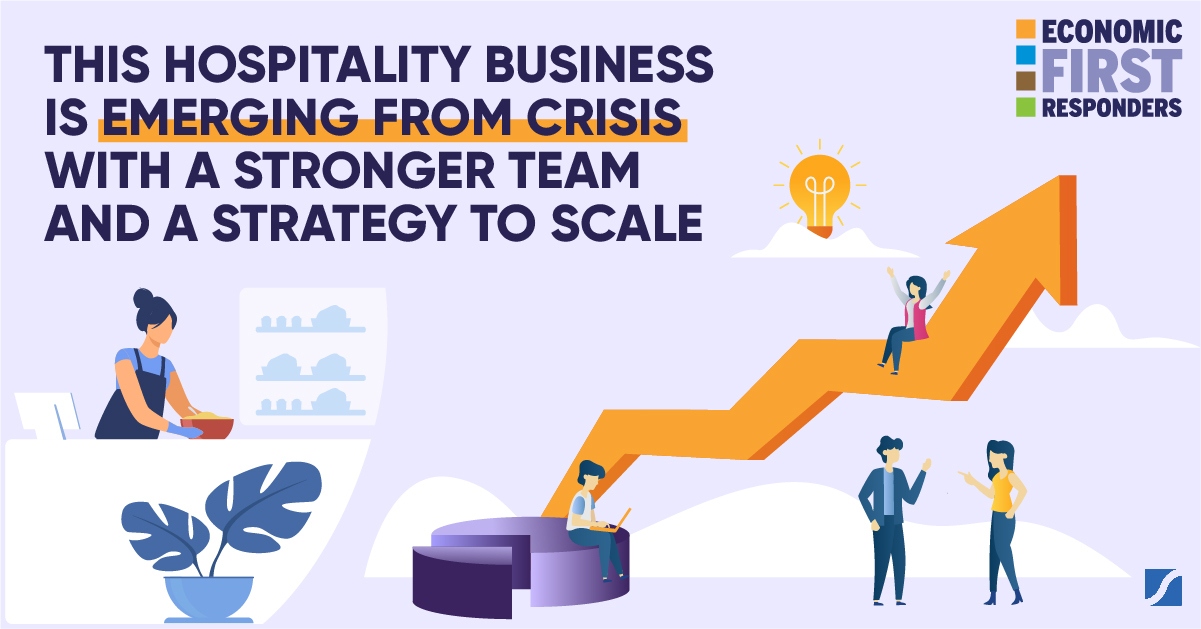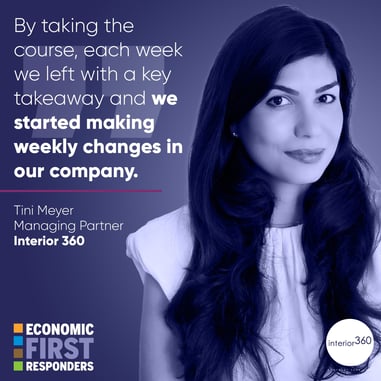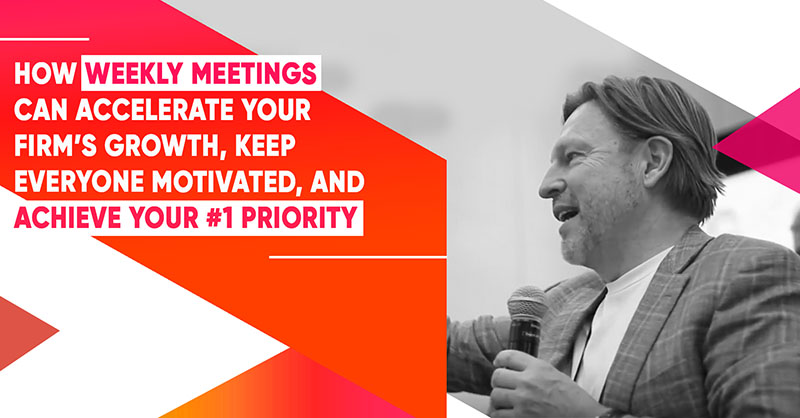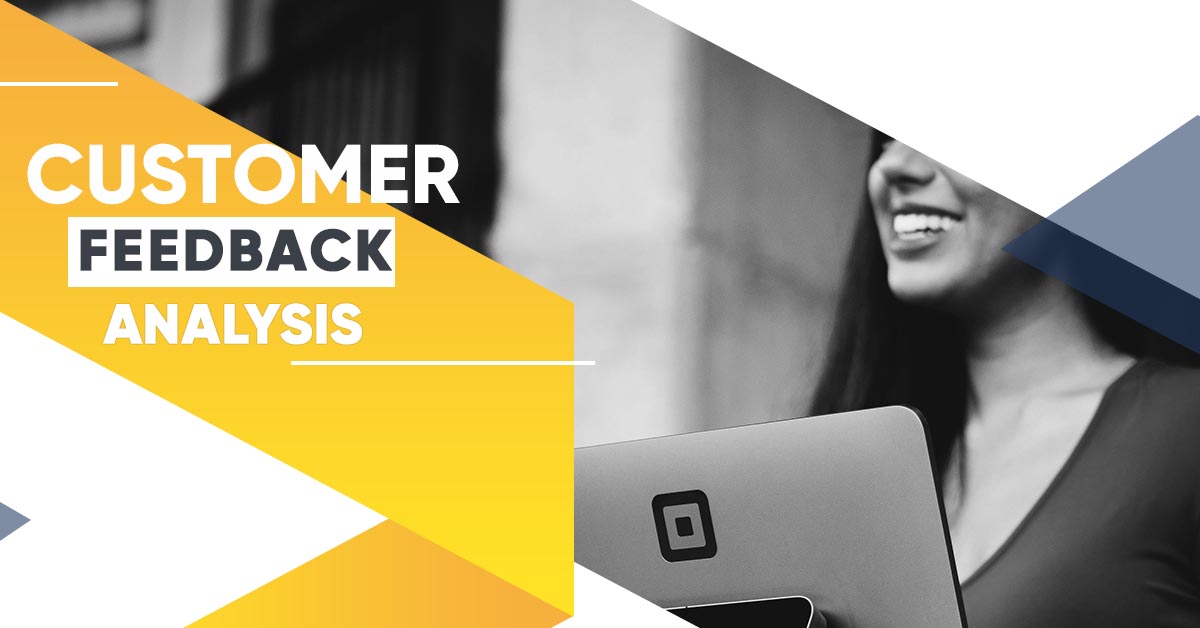This Hospitality Business Is Emerging From Crisis With a Stronger Team And A Strategy To Scale

When a crisis hits, new challenges arise that you can’t ignore.
So what’s the best strategy you should be taking for your business?
Should you put all your focus on pivoting or should you double down on your core business model?
If your main priority recently shifted from chasing exponential growth to securing your cash flow, we understand. Scaling Up seems like a luxury you can’t afford right now.
But what if the opposite is true?
This is what specialty furniture provider Interior 360 decided to explore.
I spoke with their leadership team – Managing Director Samuel Herre and Managing Partners Tini Meyer and Jurgen Herre – to get a retrospective about their experience.
With a business primarily serving the hospitality industry, they had plenty to worry about when Covid-19 entered the stage. But that’s precisely why Samuel, Tini, and Jurgen decided to sign up for the Scaling Up Master Business Course.
They figured: if you’re facing an entirely new challenge, why not try a different approach?
By reading the book, they already learned that Scaling Up doesn’t just mean 10X-ing your turnover. It’s also about becoming extraordinarily efficient and able to rapidly adjust course.
But is it truly possible to mitigate risk, without losing sight of growth opportunities?, they wondered at Interior 360.
The answer they found is yes.
By implementing Scaling Up, working with a business coach, and experimenting with other highly recommended tools, their team found a way to navigate through the crisis without a complete pivot.
As it turns out, with the proper systems in place, any type of adversity can be countered.
This is what they shared:
“If our clients are in trouble, we are in trouble as well.”
When the crisis hit, the team at Interior 360 was in complete shock at first, they told me. And providing contract furniture with hotels and restaurants as their main customers, they had every reason to feel scared, frustrated, and challenged too.
Initially, they had a great pipeline ahead of them, Tini shared. But now what? As she put it: “If our clients are in trouble that means we are in trouble as well.”
Although the management team didn’t have a specific strategy in place to navigate the crisis, they remember reacting very quickly.
Even when the Covid-19 outbreak was still mostly centered around Italy, for instance, they started to provide employees with supplements to boost their immune systems. They also swiftly focused more on expense control.
Jurgen: “A good thing was that we already had a solid IT backbone, where we have great visibility of our numbers. Literally every day. So it was pretty clear for us from the beginning what this would mean for us financially and what kind of measurements we needed to take to reduce the financial exposure and mitigate risks.”
But they still had to deal with a lot of uncertainty too.
“It was no existential fear but it was definitely worrisome in terms of the targets we had set,” Samuel added.
To pivot or not to pivot?
Securing cash flow was one of the first things Interior 360 did in response to the crisis. But now they had to come up with their strategy. And how to tell which is best: pivoting or improving the existing business?
Tini said, “When Covid first started, the word of the day was ‘pivoting.’ Everybody started talking about pivoting – and for us it was a bit confusing. We wanted to pivot because we knew we can’t go back to business as usual, but at the same time we can’t suddenly tell people we are medical suppliers when we have always been in the hospitality business. So we decided to tweak first before we’d spread ourselves thin and dive into things that were not our expertise.”
So instead of focusing on a big pivot and selling products like face masks or hand sanitizer to their customers, they decided to improve the existing business.
“That’s why we also did the course. We read the book and started implementing small changes to become a more efficient company,“ Tini explained.
But what to implement first?
The first two steps: letting go of the “wrong” people and hiring a business coach
Like we usually suggest when companies first start scaling up, the team at Interior 360 started implementing the Scaling Up tools one by one.
“What was really nice,” Tini shared, “was that from the moment the course started, each week we left with one key takeaway and we started making weekly changes.”
Some of these changes were small tweaks. Others were more transformative, like the first exercise they did. The team began by checking if they had the right people on the bus – and in the right seats. Tini shared: “The question asked was: would you enthusiastically rehire everyone again?”
 To cut expenses, they decided to let go of the ones for whom the answer clearly was no.
To cut expenses, they decided to let go of the ones for whom the answer clearly was no.
The second thing they did was hiring a business coach. As Tini explains there was also a lot of emphasis on that during the course and they really reaped the benefits: “We’ve been doing coaching in tandem with the course, which has been amazing because the key things we took from the course, our coach helped us implement in the business.”
Defining the main strategy to counter the crisis: going deeper and expanding at the same time
Over the course of the 3-month program, Interior 360 found a way to be innovative without losing focus on their core business.
“What we are trying to do now is go very deep into our niche with a more comprehensive offering that makes it very difficult for our customers to switch vendors,” Samuel shared.
“What’s super cool,” Tini elaborated, “is that we’re now launching our own furniture cleaning line. So we are now importing cleaning materials from Germany under our own brand and labeling which we will automatically start adding to any furniture orders.”
Samuel: “This is linked to the warranty now too. This way we can ensure returning customers after the initial sales.”
Meanwhile, they also invested in building a powerful cleaning machine for furniture. So on top of the cleaning material, they will also be providing a service.
Tini: “The good thing is, this is still very much related to our core business. So I am happy that we are going deeper into the things that we do well.”
“Rather than pivoting in our market,” Samuel added, “we also expanded to different countries, which has been super successful so far. We are now working on an online shop for Europe to sell our products in Europe as well, where we focus more on residential clients.”
As Interior 360 is part of a group of companies, Jurgen added: “I focus more on our security and real estate businesses. This situation caught me out of my comfort zone.”Thanks to the course, Jurgen challenged himself and the business again.
“For me, one of the take-aways not directly but indirectly was that I cannot focus the whole company on crisis management. So I literally set up two teams: one that was focusing on the crisis, cash flow, balance sheets, and then the second team was not focused on that at all but focused on what could be ‘the next religion.’ How can we diversify? This was the reason why we were able to react so fast. Setting up two teams with a different focus was a big learning for me and it paid off. Hopefully.”
It’s how they found opportunities for a joint venture with a German datacenter, a new cooperation with a UK software company, and various other opportunities in the real estate industry.
Jurgen: “I am really thankful for this course because if we wouldn’t have done it, I wouldn’t still be sitting very relaxed in this chair right now.”
Leveraging incremental changes
At Growth Institute, we often stress the importance of being diligent with the implementation, even with the smallest changes. Because it's these small tweaks that can make the biggest difference.
The same goes for the team at Interior 360. They noticed how incremental changes in their daily business operations instantly had a positive impact.
“The main thing that we started working on together with our coach - because the book also has a great emphasis on KPIs - was a comprehensive list of 2 to 3 KPIs per employee,” said Samuel.
Even though their ERP system made this a little more complicated, they managed to convert all of these KPIs into dashboard indicators for the entire team.
“So every day when they log in, they can see: am I having a good day, a good week, a good quarter? And they see when they need to do something.”
Then they introduced daily huddles. Samuel: “Now we have two daily huddles every day for the different teams.”
The team also decided to change the commission structure for their sales team from revenue based to gross profit based to increase overall transparency:
“The sales team didn’t fully understand the way their commission was calculated before. Now they have a detailed vision,” Samuel explained. “They can see that’s how much money I am gonna get on the deal, that’s how much money I am gonna get when I give a discount. So they are very hesitant to give discounts on our prices now and they have more flexibility now in terms of how they wish to achieve their targets.”
How to stay focused and innovate at the same time
The reason they could stay focused during these challenging times, according to Samuel, was because it was “not an existential crisis” for their company.
According to Tini, it also helped that the team was already used to working remotely: “For some companies that was a big change but our team was really used to it.”
Samuel added: “What we really benefited from is that for a company in our industry, we spent a lot of money on IT. I think IT is one of our biggest cost points but everybody in the office is so used to working online. When we travel, when we communicate, we are all using Microsoft teams, so there was nothing new for us there.”
Discovering the benefits of working ON instead of IN the business
As negative as the impact of the sudden crisis was, the team acknowledged that many positives came out of it too.
One of these, according to Tini, was that the situation forced the management team to work on the business and not in the business.
“Under ordinary circumstances, I don’t think we would have necessarily signed up for Scaling Up. We wouldn’t have implemented any of the changes if not for such a shocking event.”
Following this course, Jurgen also recognized that it’s important to step out of the day-to-day to think about strategies and increase efficiency. “We had systems in place before Scaling Up, but we have introduced and will introduce more to increase the efficiency.”
And when it comes to strategies, “it’s important to stay focused on what’s around the corner and how to get there.”
The new leadership: bigger goals, better communication, and more coaching
When it comes to leadership, challenging times make different demands. With the help of Scaling Up and their business coach, the managing team at Interior 360 were able to discover – and exploit – the silver lining.
“I thought I had seen everything in my life but I didn’t. This course made me come out of my comfort zone,” Jurgen shared. “I was thinking in 2X the last two years and a big takeaway for me was that I need to think in 10X again.”
Samuel: “We will communicate much more with employees now and we’ll definitely work a lot more with personal goal setting and KPIs.”
In addition, the team has become a lot more careful with hiring locally and learned the benefits of hiring virtual as well.
Tini: “I also read Topgrading when we started the course and since then we started hiring virtual employees. We are now also hiring a third salesperson in our team completely following Topgrading too.”
While reading this book, which is recommended in the course, she immediately wondered about the previous hires that they had now let go of: “I thought, wow! How could we have committed those mistakes? It was really shocking. So I think that was a big change. Going forward this is just going to be our company standard.”
Both Tini, Samuel, and Jurgen were especially grateful for the business coaching they received. Tini: “Since we started with the coaching we’ve completely changed. Now we really understand the importance of coaching.”
“Jack Daly’s [sales play]book has been a great tool too,” Tini continued, “We’re planning to come up with a sales book now too; finding the right pitch and get everyone to sell the same way. We’re putting coaching into practice now.”
Interior 360 not only managed to survive in challenging times but also learned to continue setting ambitious goals, find new business opportunities, and keep the team informed, aligned, and motivated.
With a more efficient business setup, improved communication, and a renewed outlook they are ready and eager to keep discovering new playing fields within their industry – during and post Covid-19.
Download 10 Rockefeller Habits Checklist
When it comes to the best framework to execute your company’s strategy, I proudly stand by the Rockefeller Habits Checklist. This simple set of habits has helped over 70,000 companies scale up while reducing the time needed to run the business.
That’s the dream, isn’t it?
I’m including the checklist here for free — download it and take a few minutes to go through it.
How many of these habits can you check off? Don’t worry too much if you can’t check too many, or any at all. Most of the companies I’ve mentioned above, initially couldn’t either. What’s important is that you start now.
Already implementing one or all of the 10 Rockefeller Habits in your business?
Leave a comment and let us know how it’s helped you scale up.
Recommended Books:
- The Sales Playbook: for Hyper Sales Growth by Jack Daly
- Topgrading (How To Hire, Coach, and Keep A-Players) by Jack Smart and Geoff Smart



